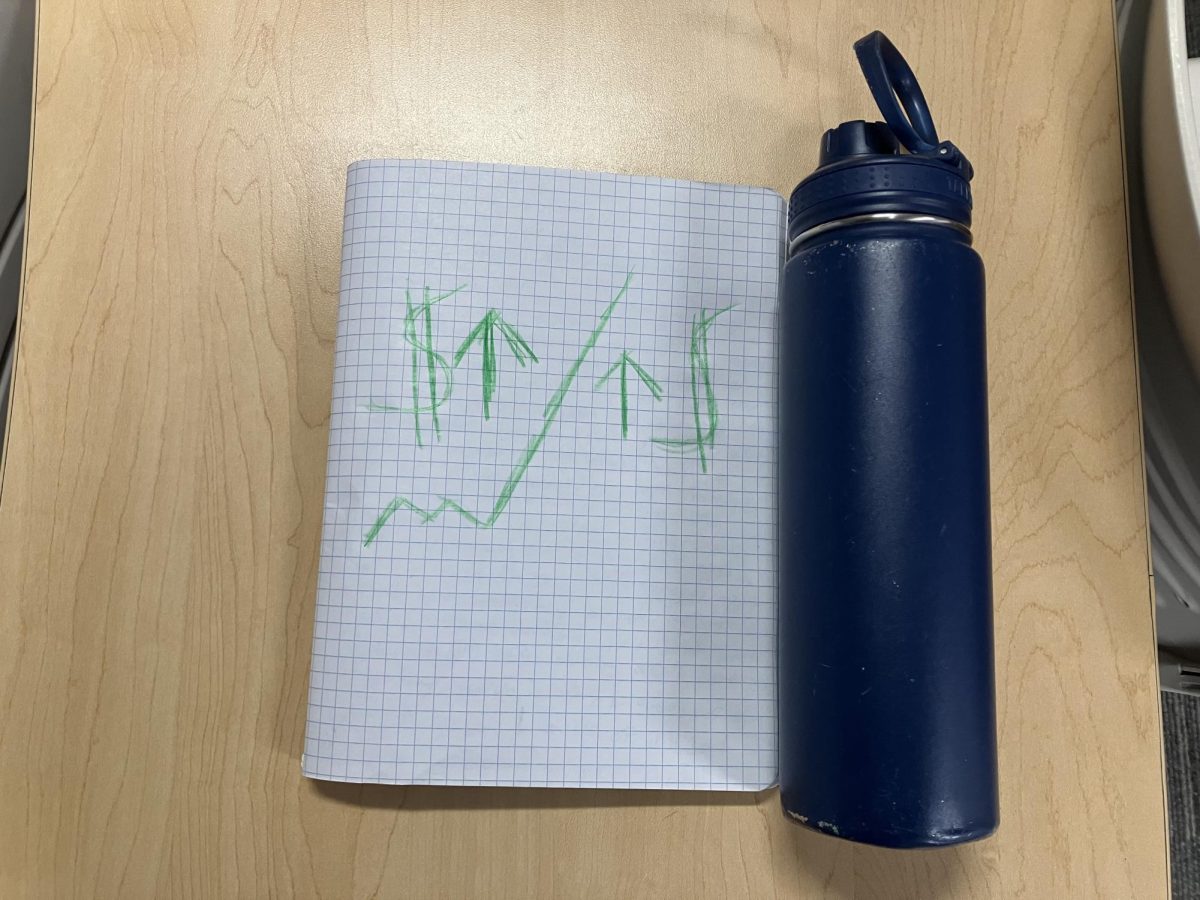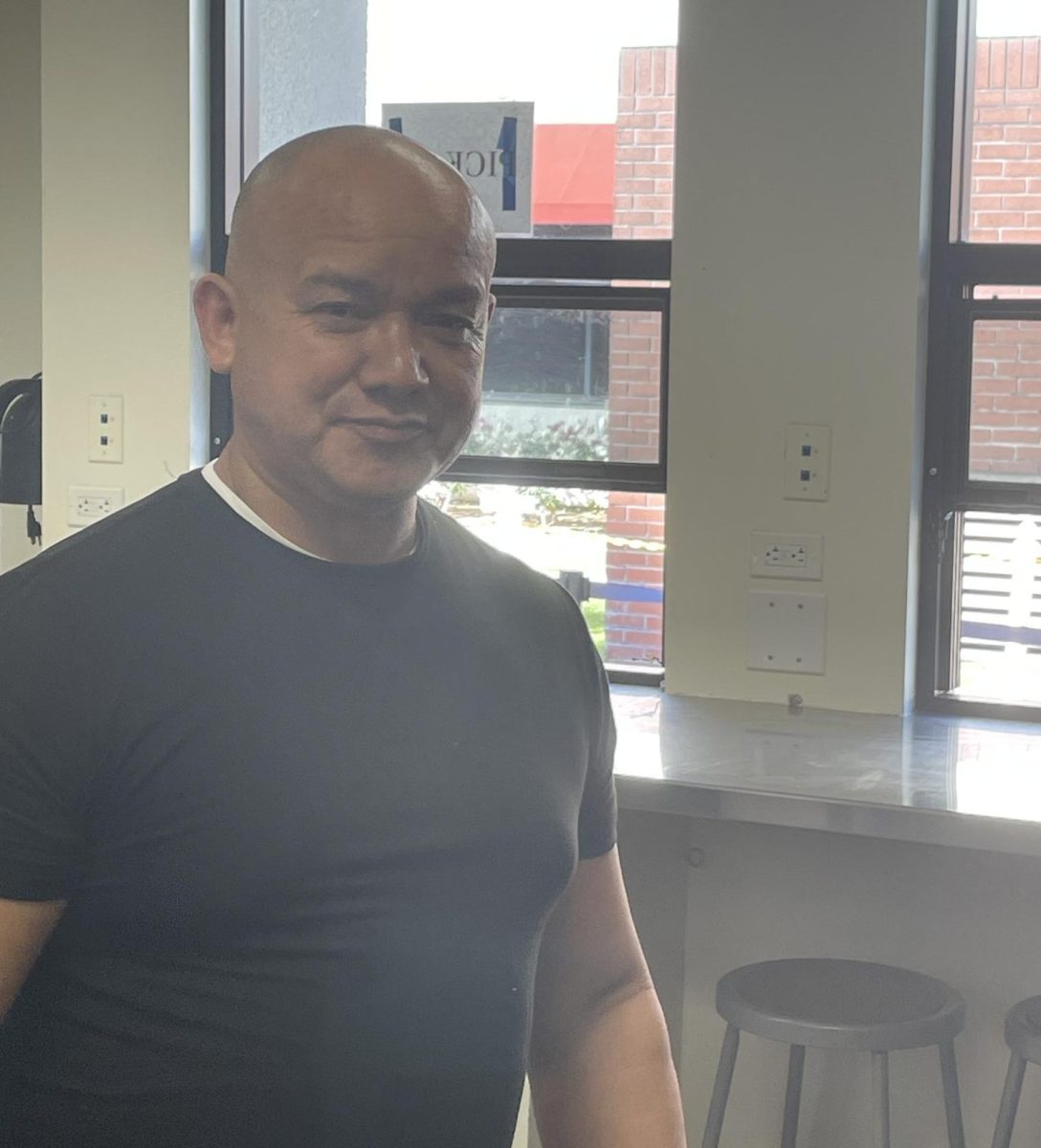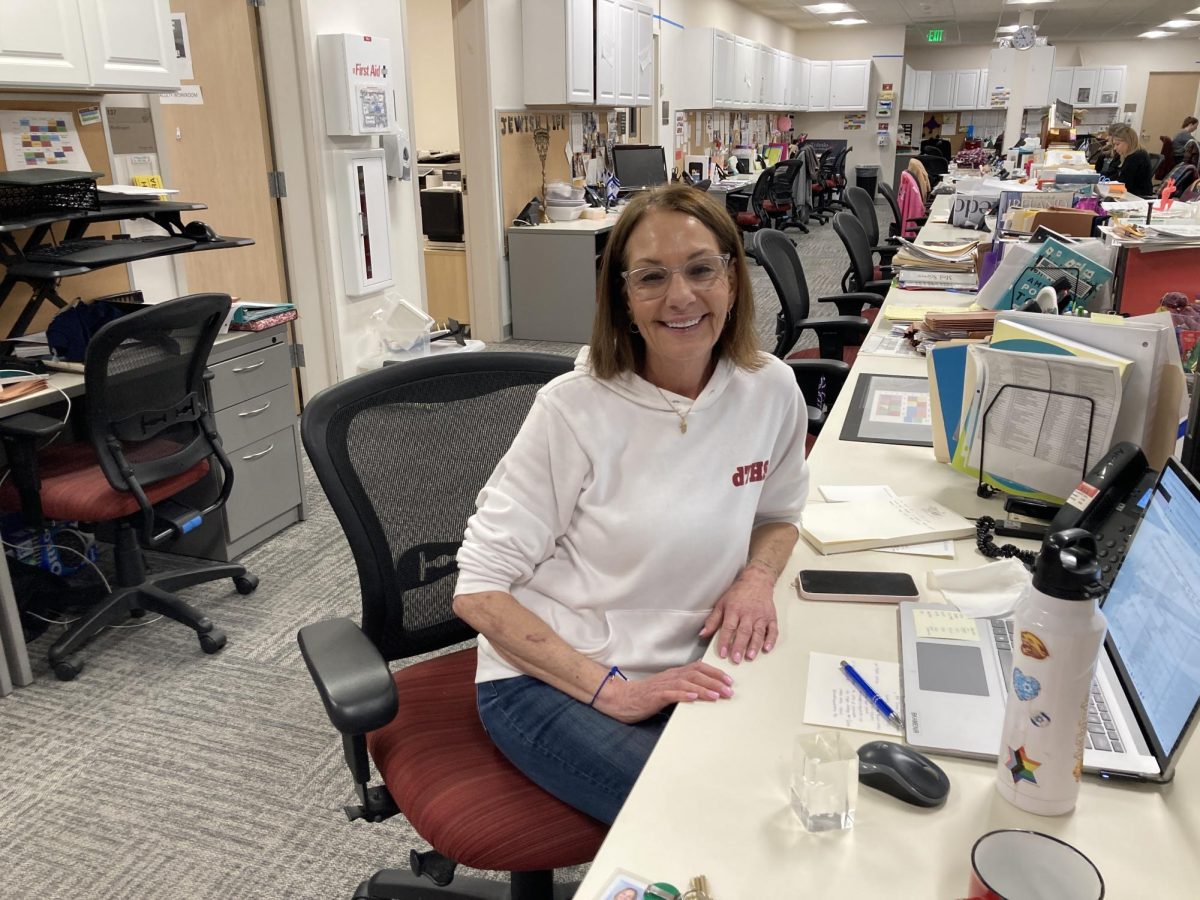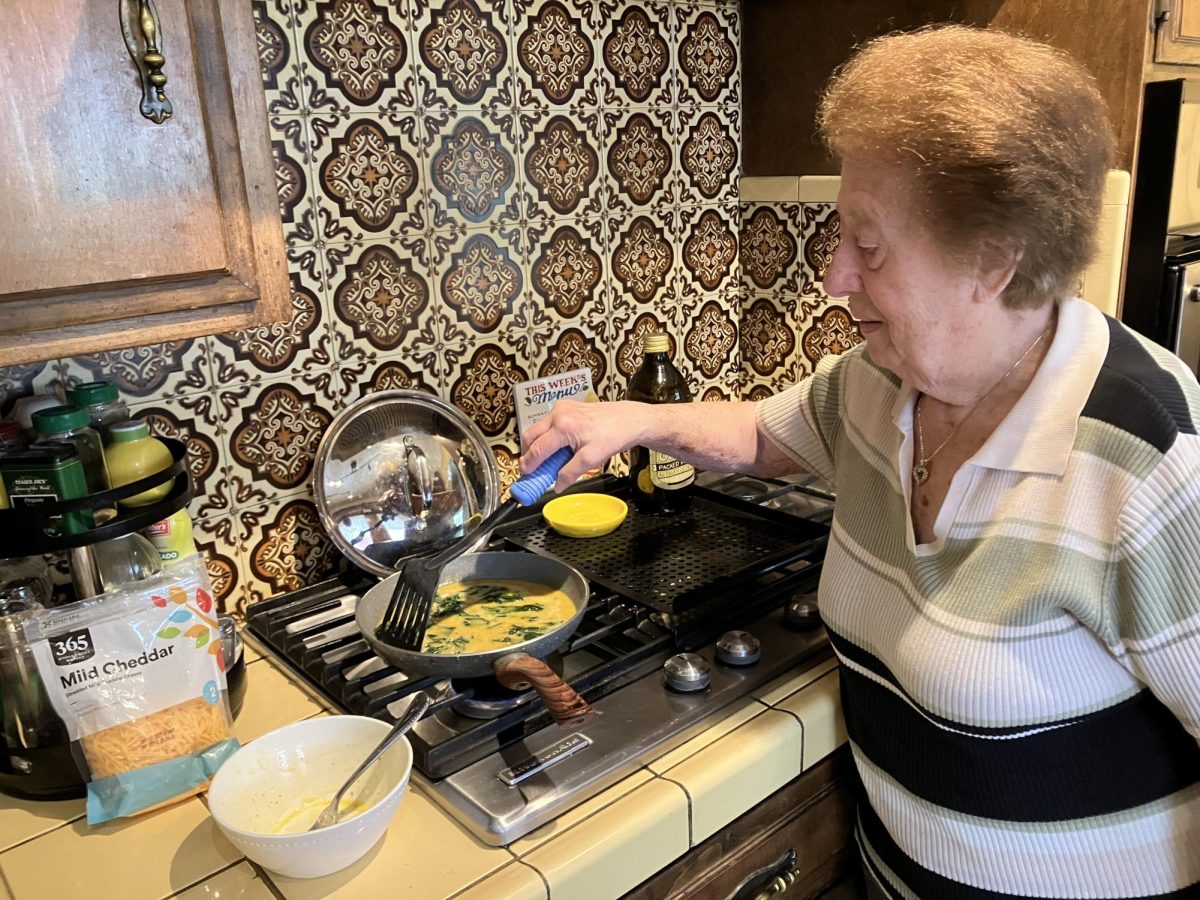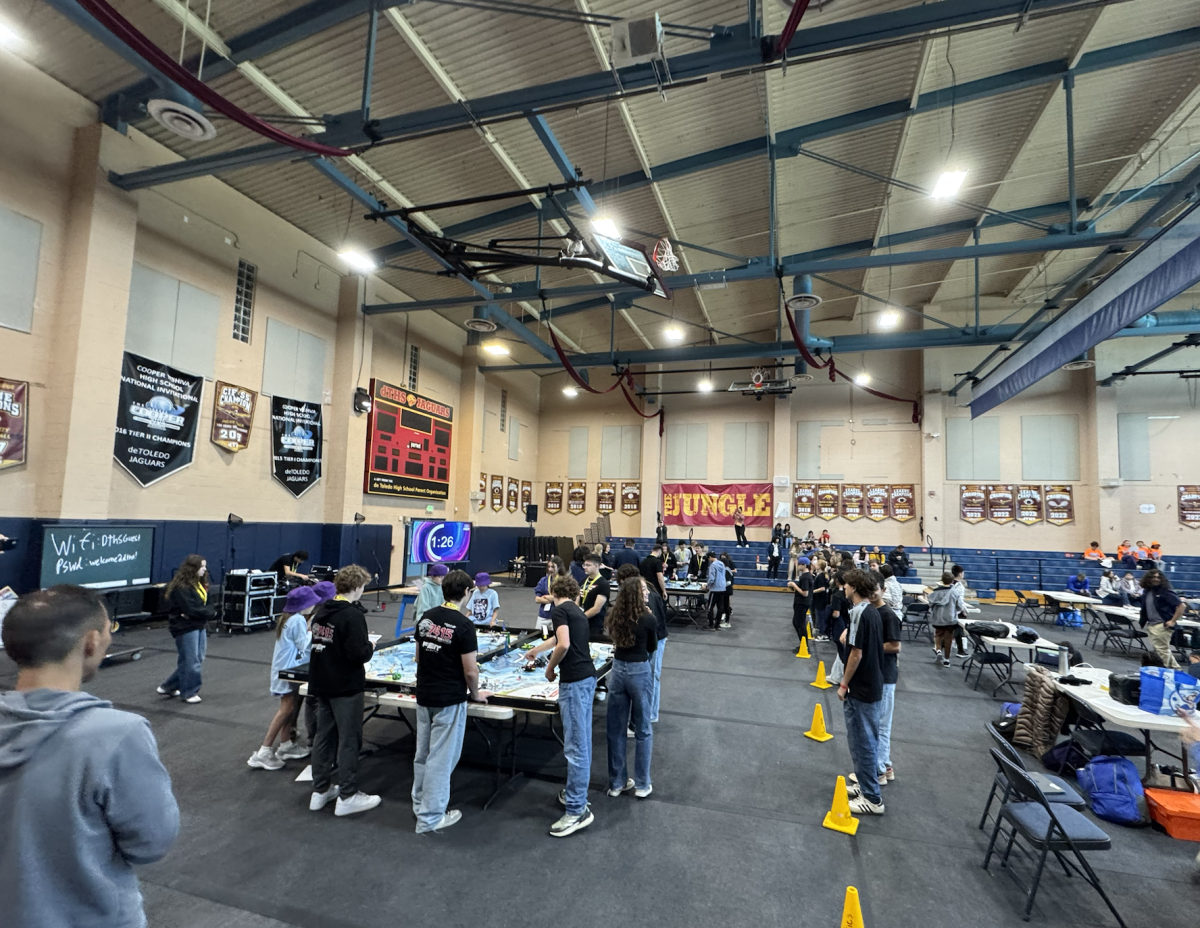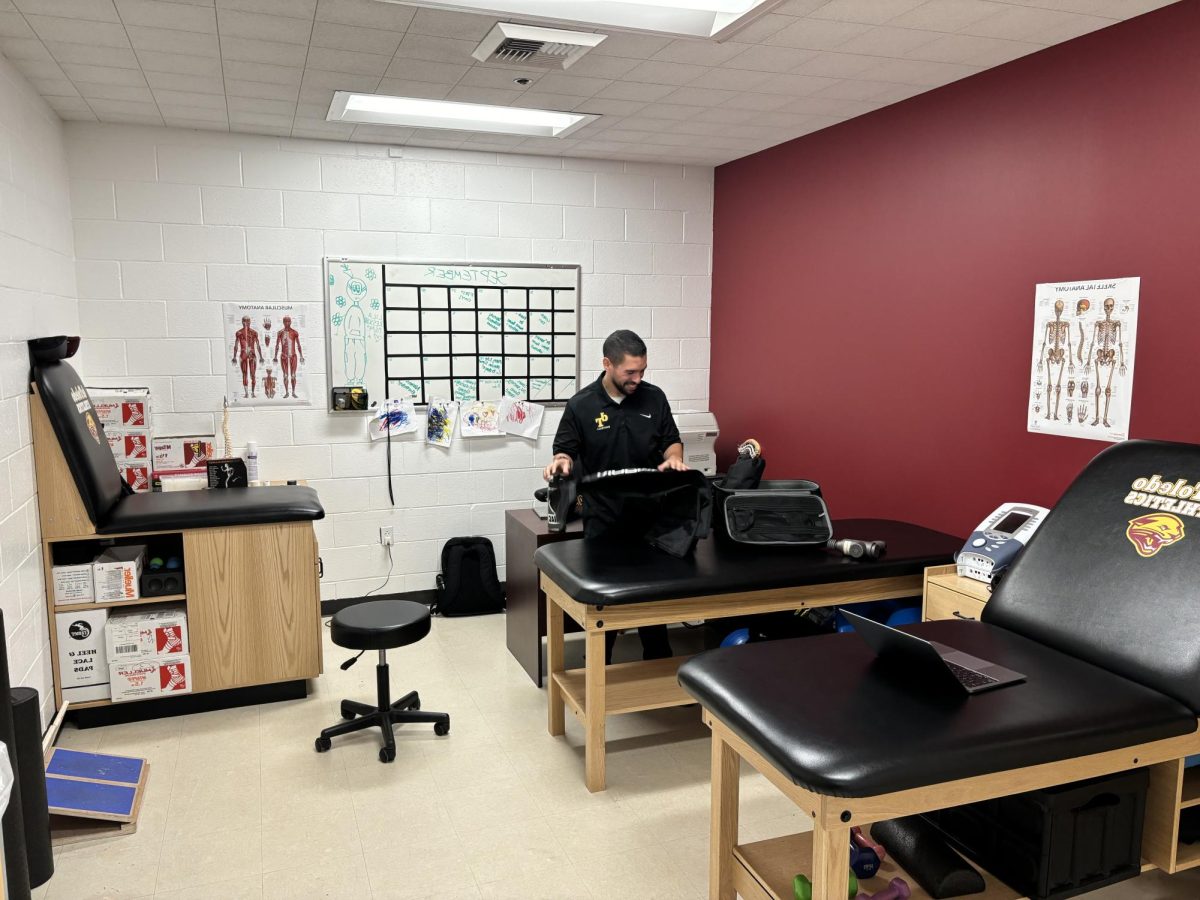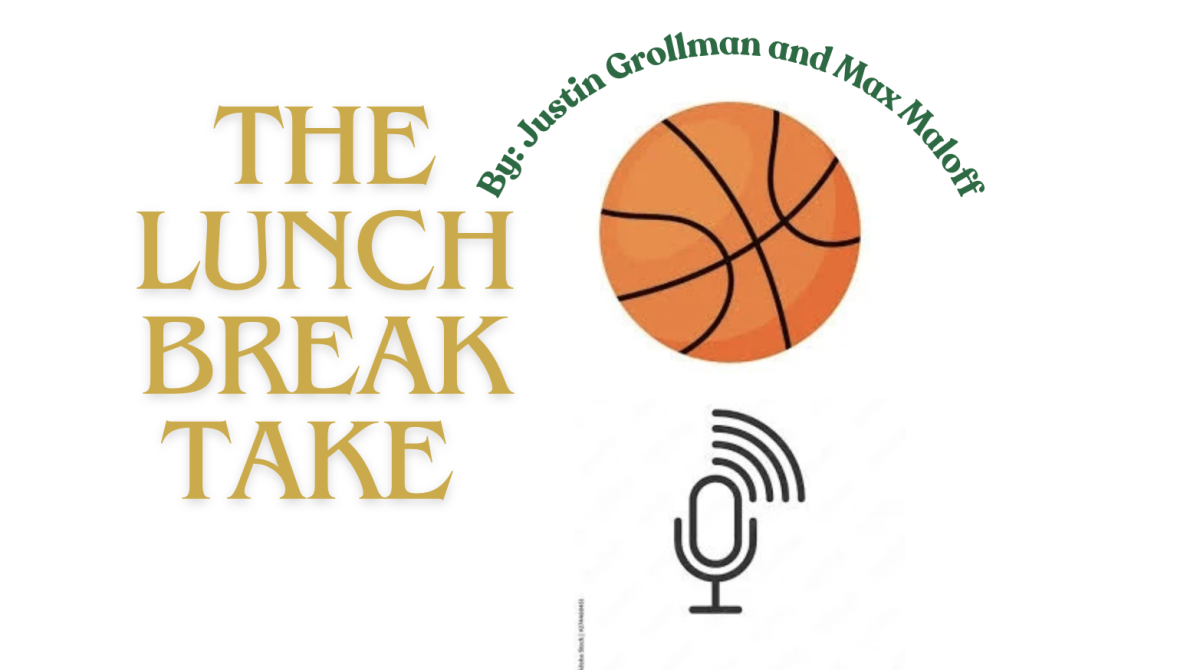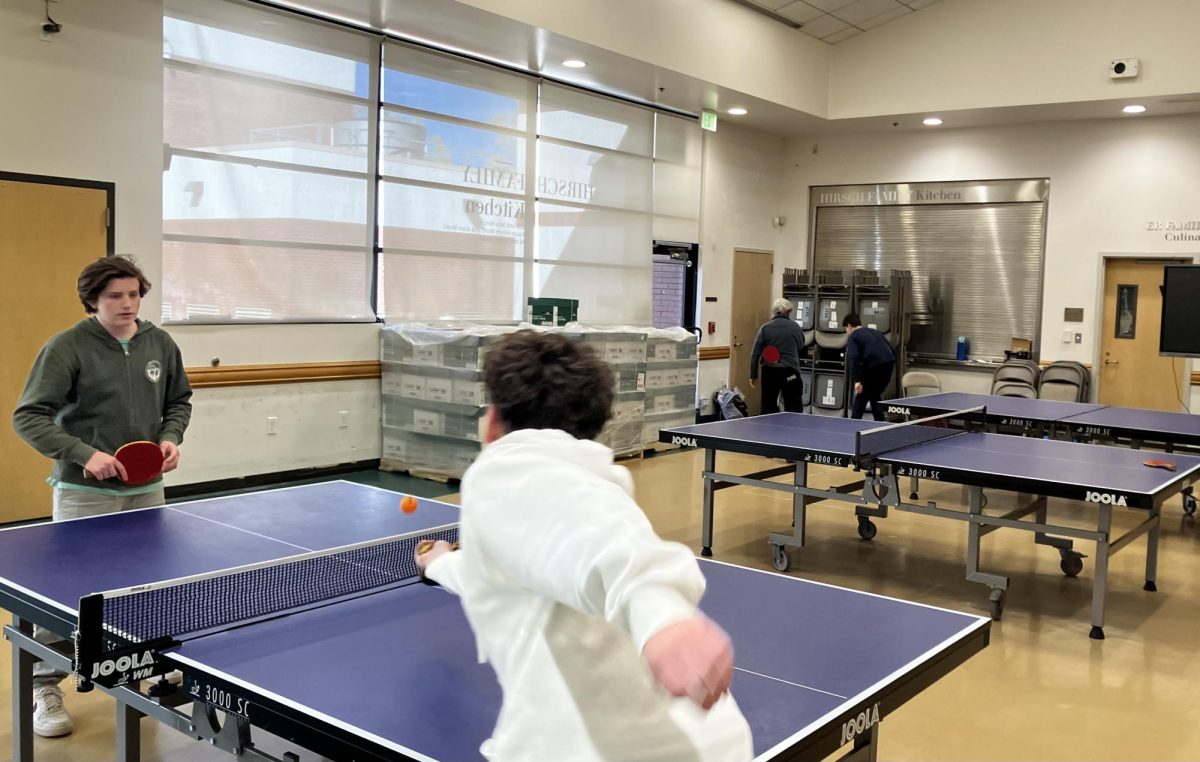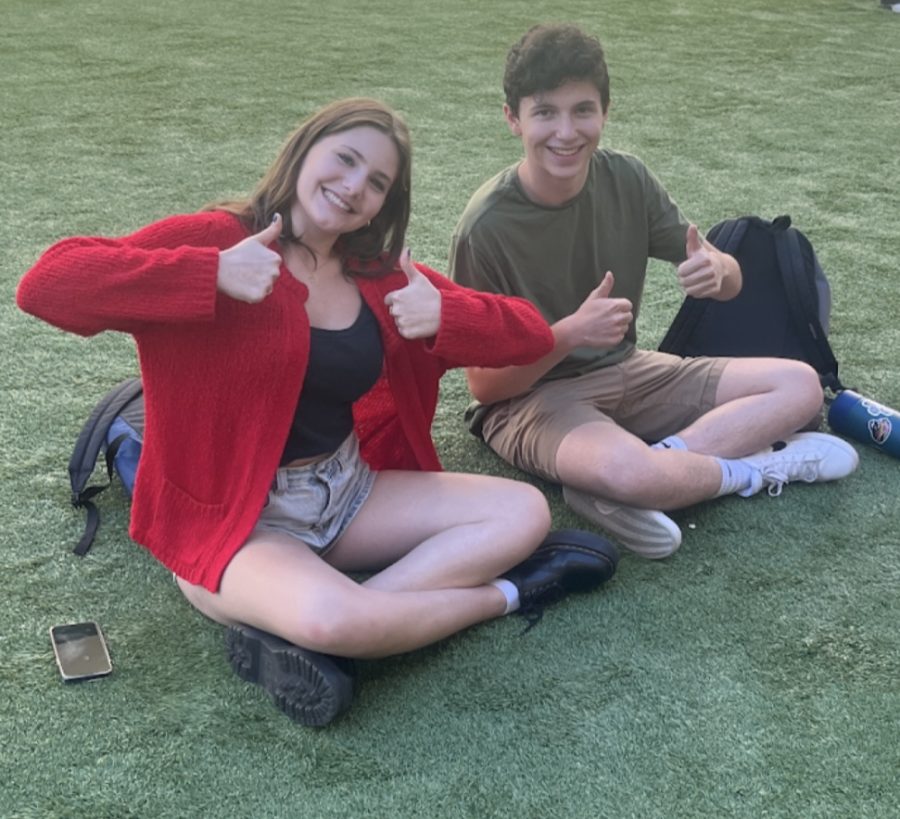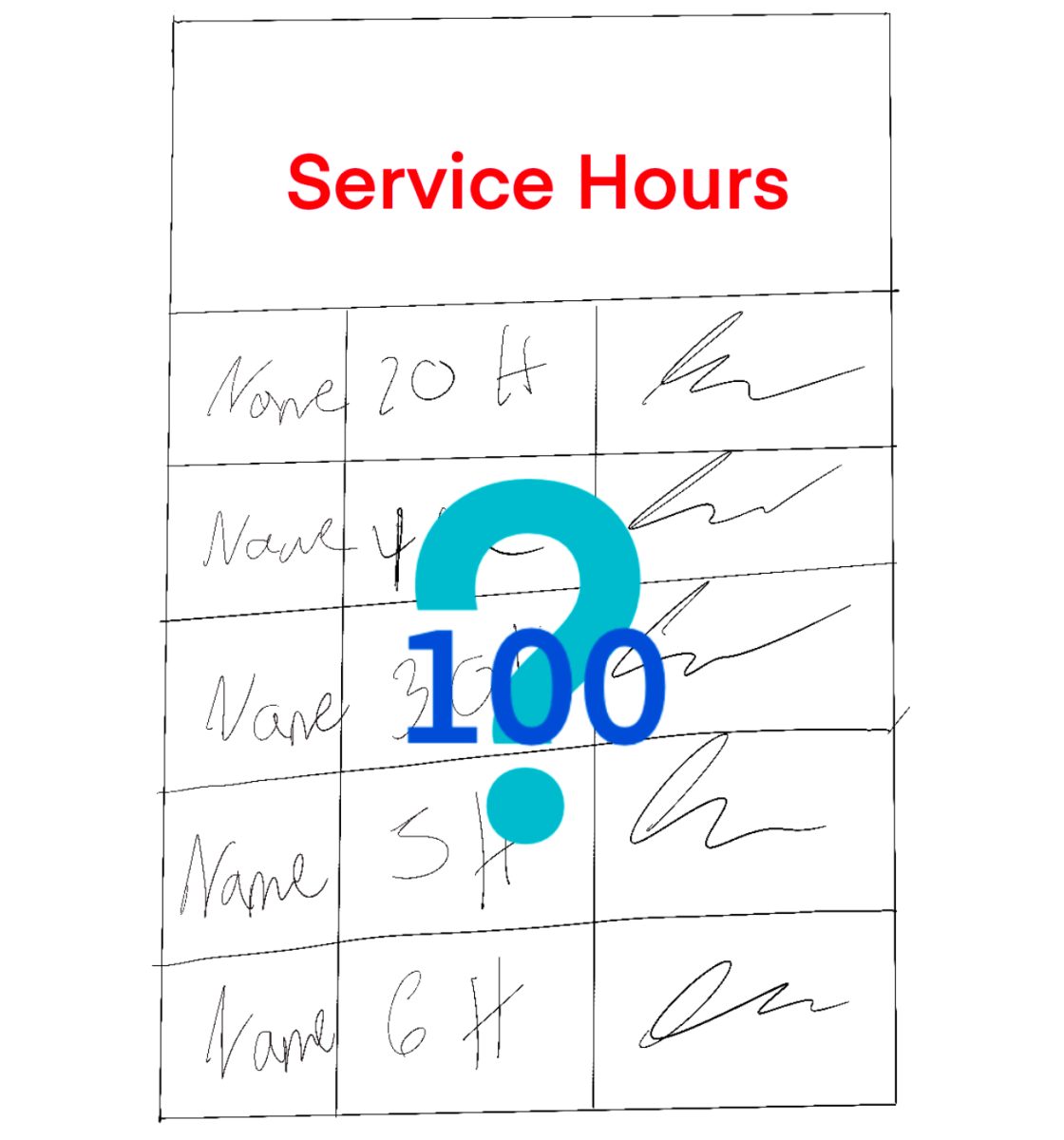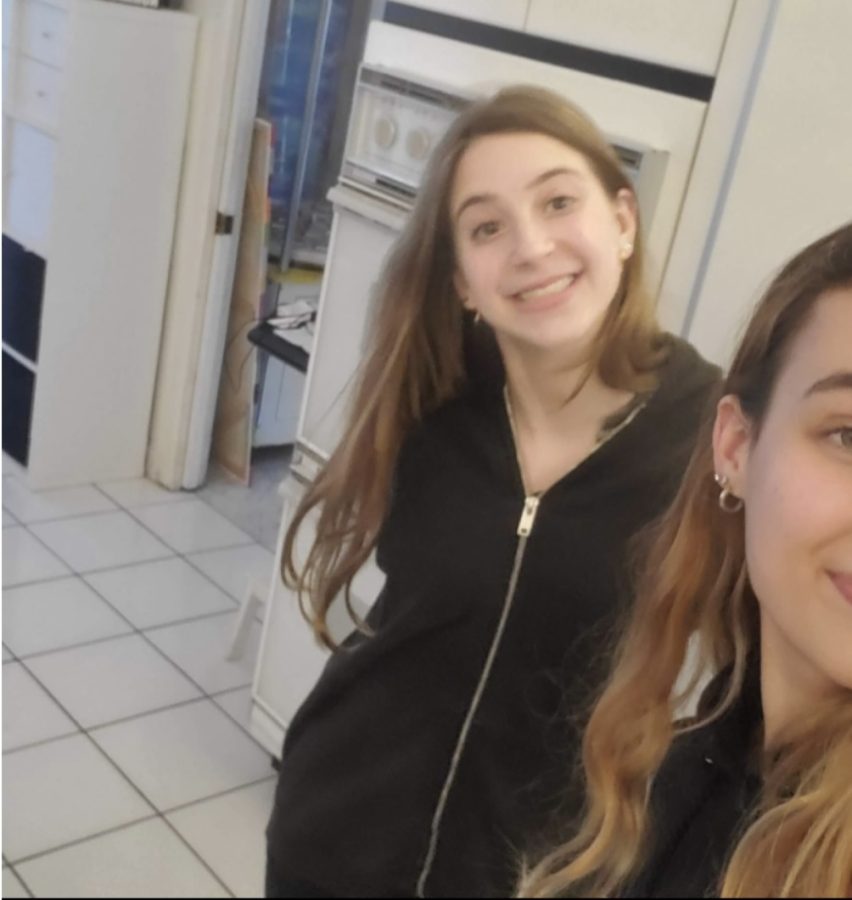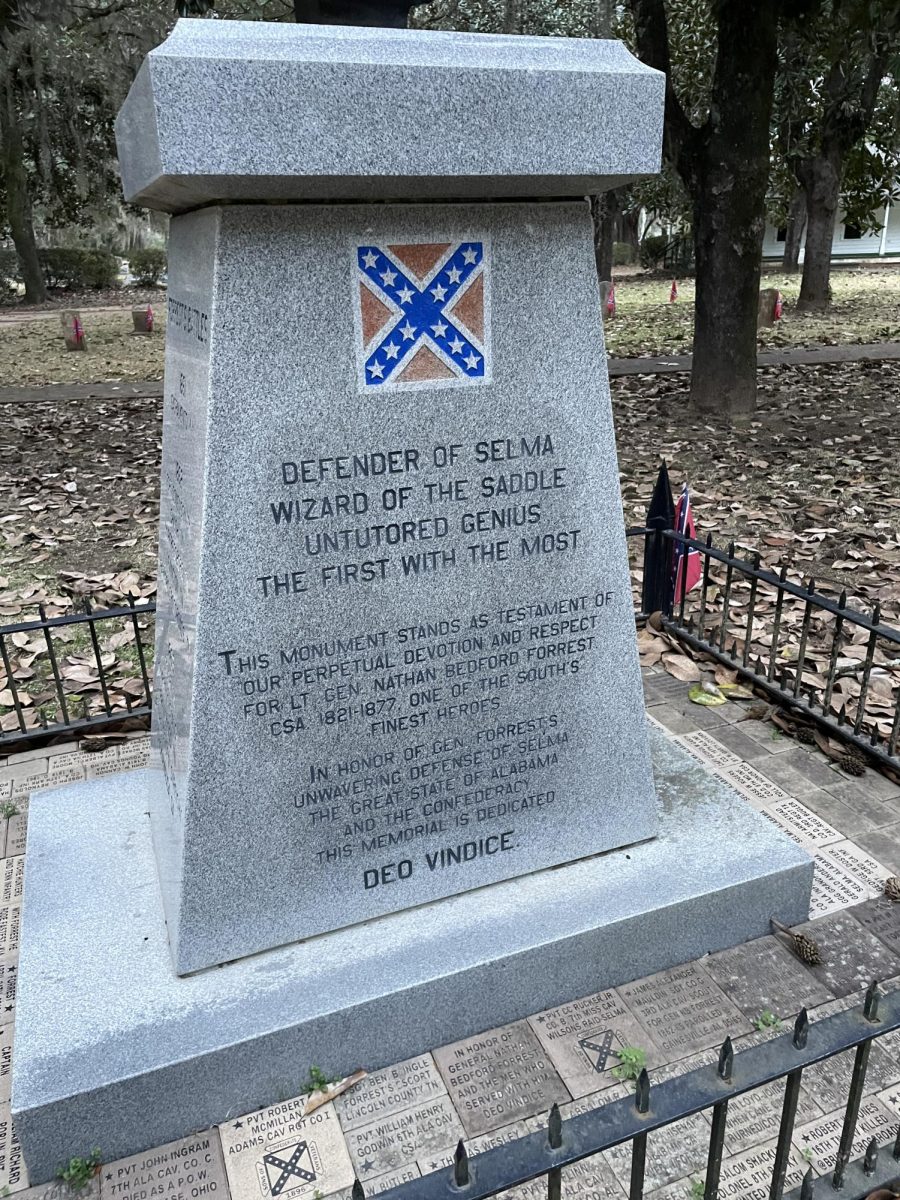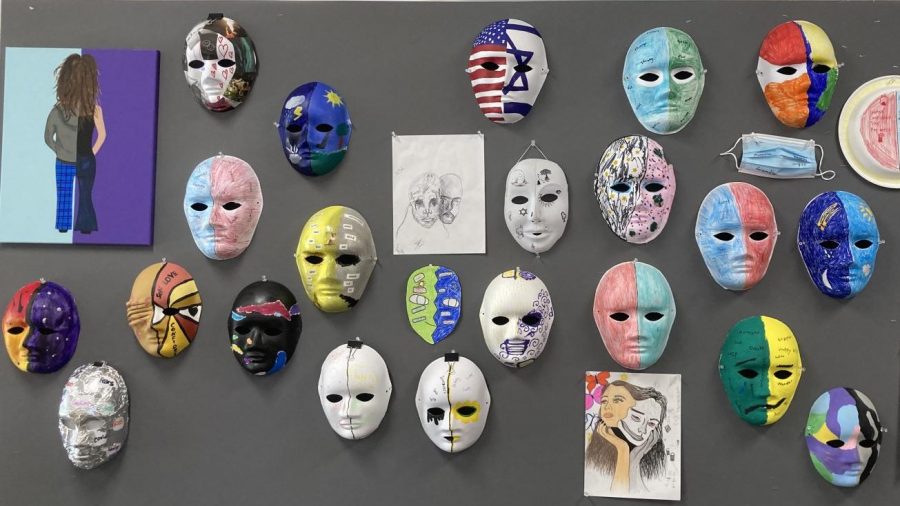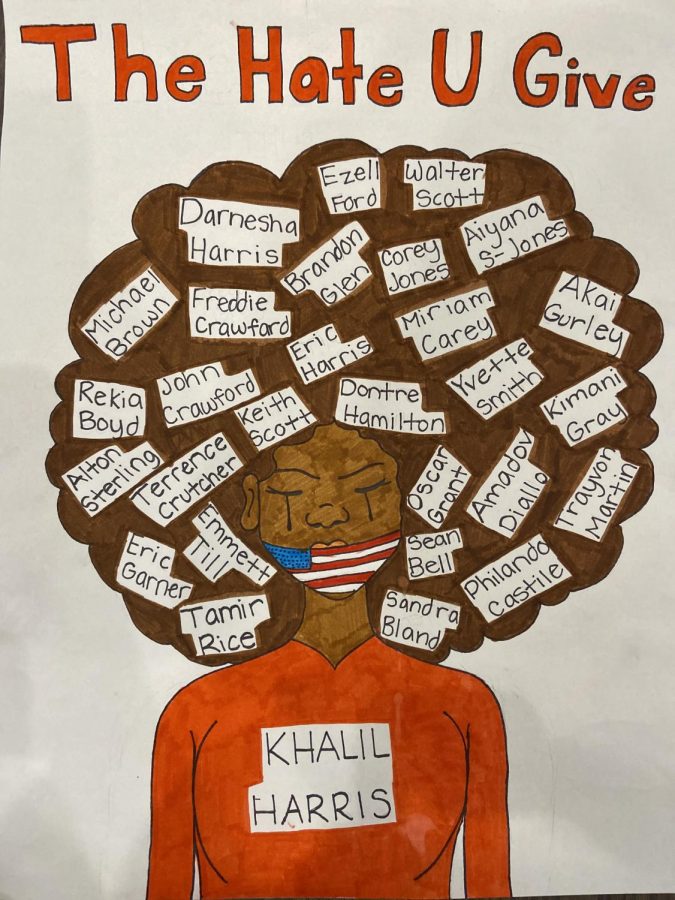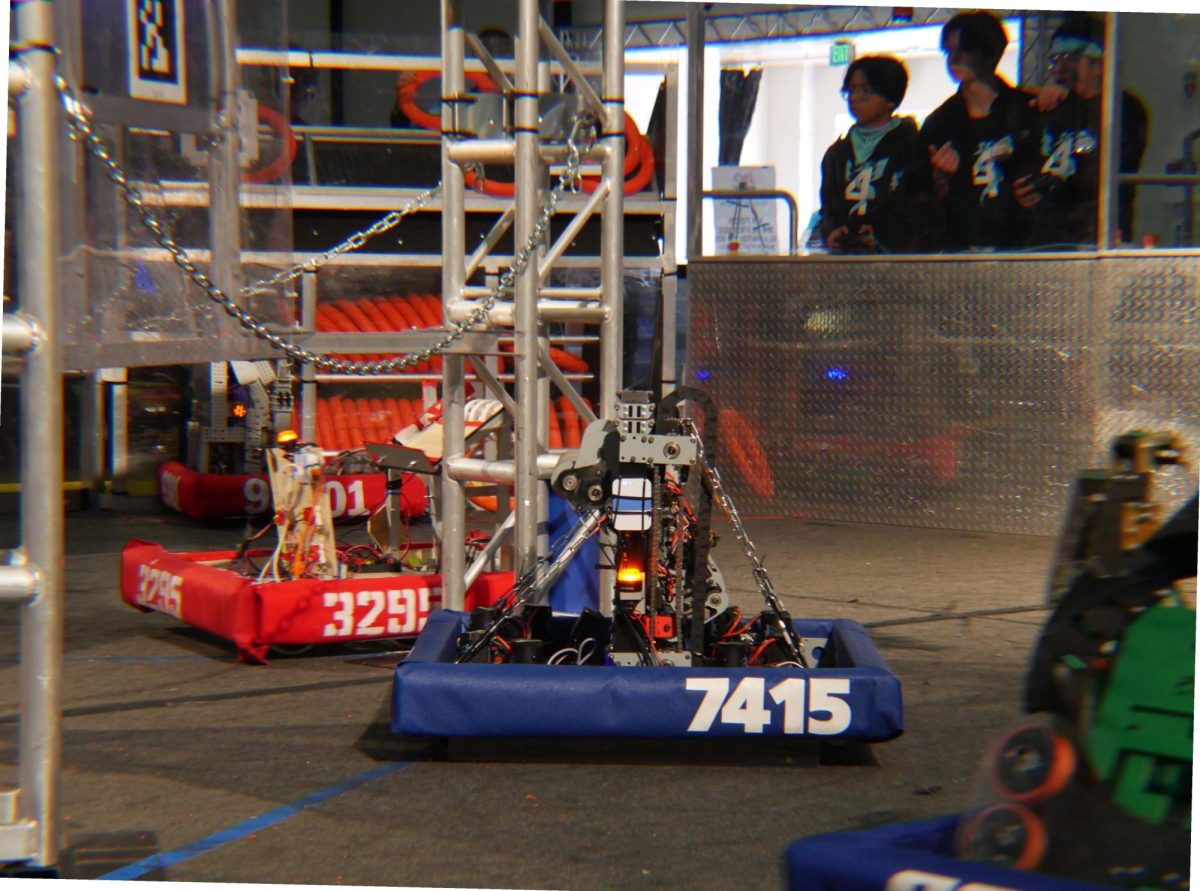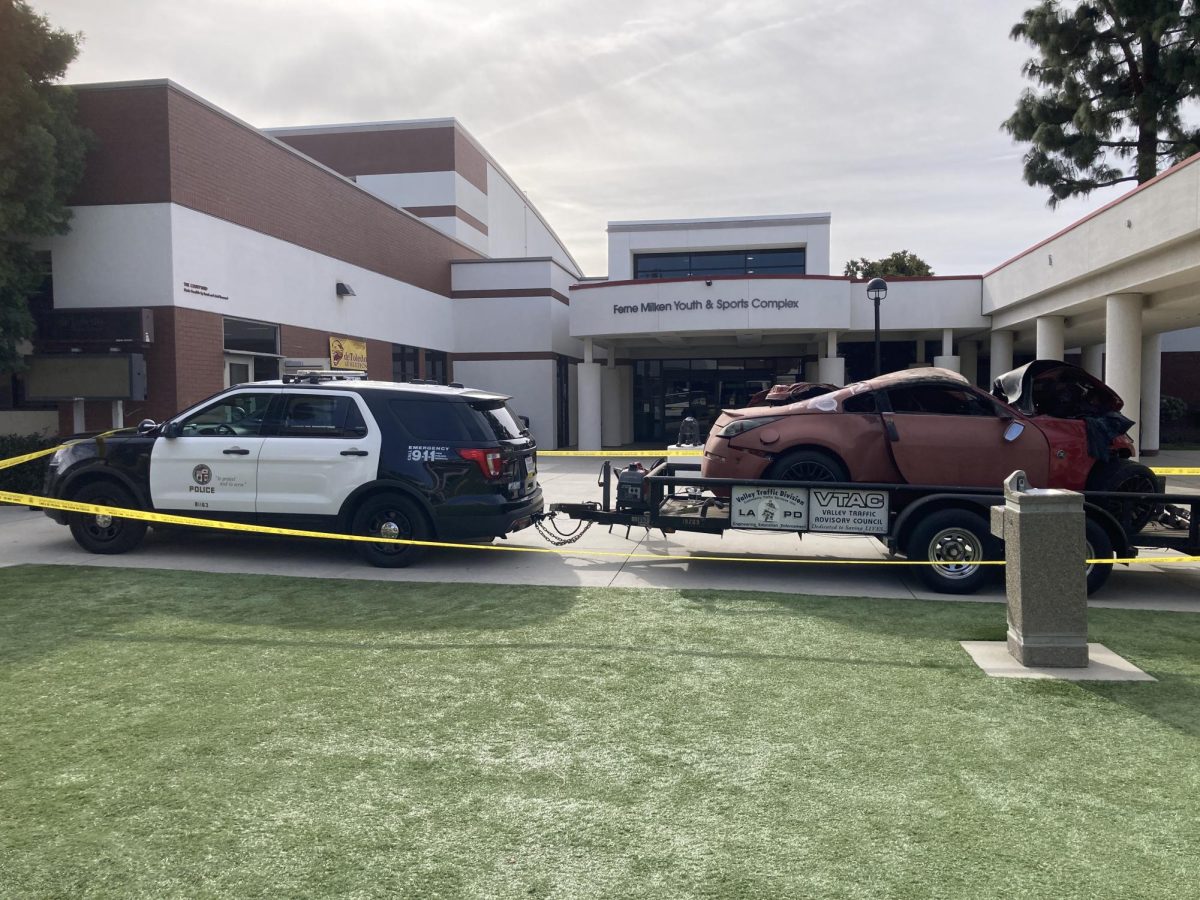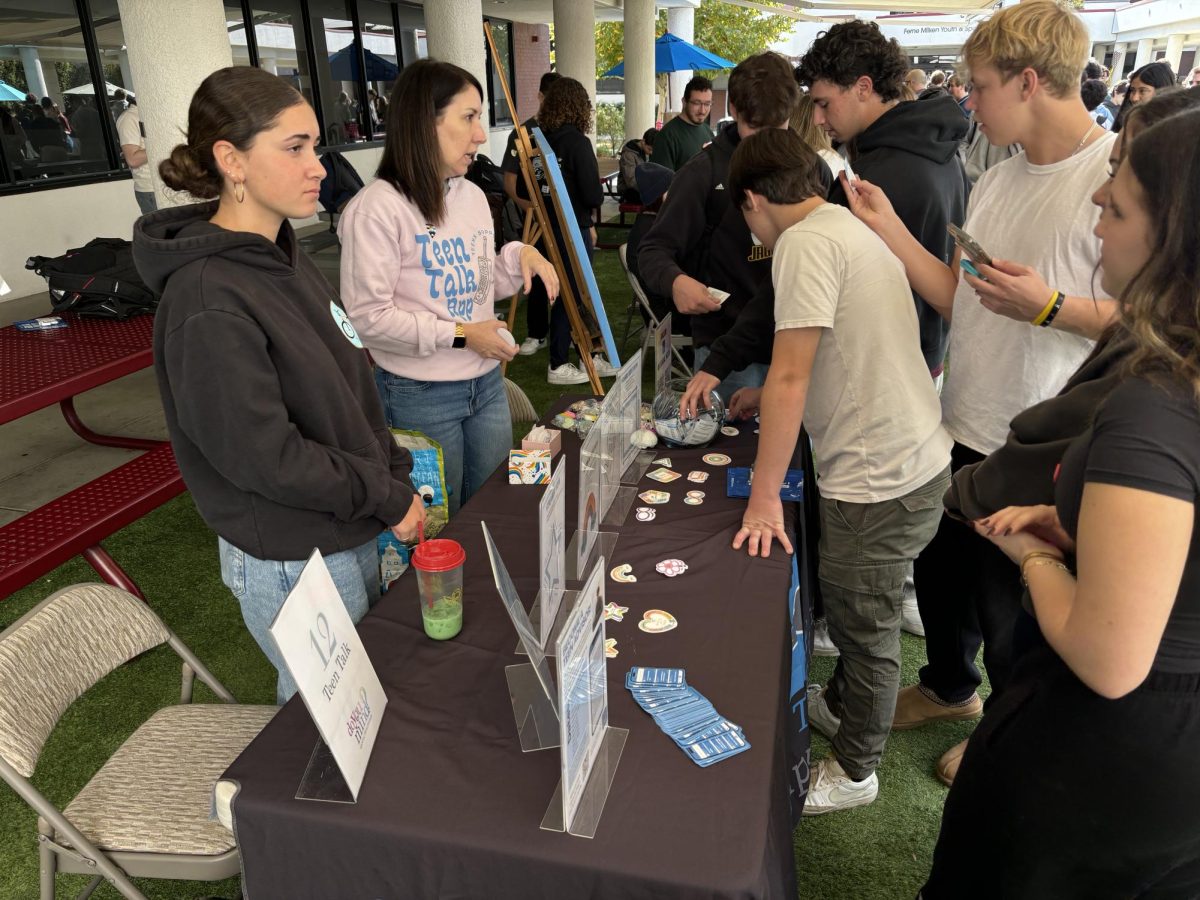The opinions expressed in this article are the author’s own and do not necessarily represent the views of The Prowler.
To serve, to travel, to eat, to work, to risk, to build… This array of seemingly simple verbs, when put into the proper context, can define someone’s future.
As a sixteen year old student at a private college preparatory school, I am no stranger to the perpetually complex and confusing world of college admissions. Ever since I entered ninth grade, I have asked myself and my college counselor countless college admissions questions:
“What grades do I need to attain to get into an Ivy?”
“Do I have enough extra-curriculars?”
“How do I become passionate enough about something to create a passion project for it?”
“How do I become the leader of the five different clubs I am a part of?”
This never ending stream of questions likely frustrated my counselor, but more so, frustrated me. It seemed as if there was no straightforward path to achieving what I defined as academic success. That’s because there isn’t.
As a current junior, I have realized that after two and a half years of mind-bending stress, there is no way to guarantee success within college admissions. But there is a way to shift my perspective on what I define as academic success.
At the two high schools I have attended, and millions of others schools like them, college is presented as a student’s only realistic option post-high school. Students attend tours, case studies, family meetings, presentations and various other events that are designed to help a student increase their chances of getting admitted to the institution of their choice. But what’s almost never discussed are the hundreds of alternative directions a student can follow other than attending an institution.
Craftsmanship, military service, self-run businesses, volunteering and traveling programs, immediate immersion into a given field of work, are all viable and admirable paths for a student to engage in.
These paths can give people the opportunity to find what interests them if they are feeling lost, to pursue what interests them in a hands-on as opposed to classroom setting, or to learn how to thrive in the field of their choice by actually immersing themselves into said field straight away.
The American Student Association, partnered with Jobs for the Future, conducted a study where they found that “Participation in a non degree pathway can promote well-being and career confidence among young people… (and) are more likely to be working part- or full-time (65 percent) while in their program, compared to their peers (51 percent).”
As college admission offices grow increasingly more selective, the pressure that high school students face to glorify themselves on paper takes away from the time they could be using to explore their interests, interests that they could pursue more successfully in a non-college environment.
High school students will never take these alternative opportunities seriously if they are looked at as unrealistic and “too risky” to pursue by their parents, teachers and administrators. Furthermore, students will not have the time or energy to explore other passions and options if they are too preoccupied taking part in activities that they think would entice an admissions office. This dangerous cycle can be eliminated if schools nationwide present these post high school options the same way they promote attending college to high school students.
This is not to say high schools should overly-promote alternative paths, or should diminish a more academic approach to a student’s future. For many, including myself, college is the best next step for a student to take. However, not everyone has the same ambitions or financial situations that make college the best fit decision. Thus, presenting non degree paths as realistic options to high school students would decrease pressure regarding their future for many students who have unconventional goals or circumstances.
High school is about preparing teens for success after graduation, and an important factor to consider when trying to do so is understanding that each student has their own individual path to success. Trying to shape every student to fit a rigid mold has proven unsuccessful in every other domain of education, so why should a student’s future be any different? Thus, high schools should dedicate themselves to informing and discussing with students what their best post-high highschool path is, whether that’s college or something less conventional.

